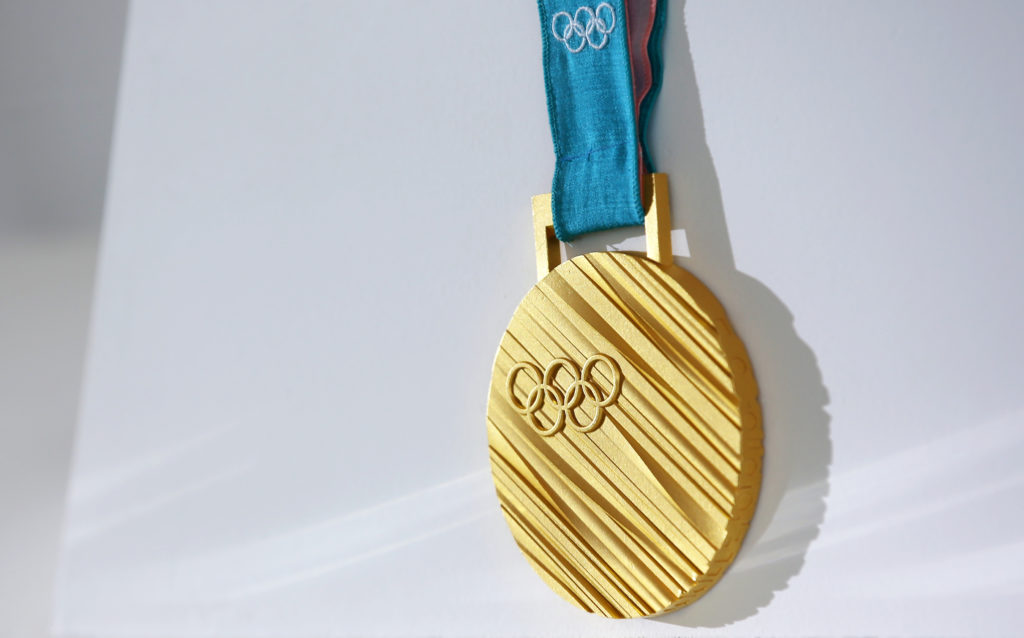The Peninsula
A North Korean Thaw for the Winter Olympics?

By Jenna Gibson
Yesterday, high level delegations from South and North Korea sat down at Panmunjom to engage each other in the first inter-Korean talks in two years. The ultimate result of these talks was that the North Koreans agreed to send athletes, a high-level delegation, and other attendees to the upcoming Winter Olympics in PyeongChang, and further discussions on other topics may take place in the coming weeks. While few observers doubt the significance of these talks amid a period of increasingly inflammatory rhetoric and talk of preventative strikes by the United States, many disagree about what this agreement will mean for the Korean peninsula going forward.
Some experts are, rightly, skeptical about what this agreement truly means in terms of long-term improvement in inter-Korean relations, or that this is actually a sign of sincere desire for cooperation on the part of the North Koreans. It’s a fair concern – one only has to look back at the inter-Korean talks after 2015’s landmine incident to see that this kind of overture is only good until the next missile test.
However, even with that healthy skepticism in mind, that doesn’t mean that the two sides shouldn’t try to make these small improvements when they can. To return to the 2015 example – in the scheme of things, all that really came out of those talks were a temporary cooling off and a family reunion event. But I challenge anyone to try telling the handful of South Koreans who were able to see family members for the first time in decades that those discussions weren’t worth it.
However, while the opening of talks and the North Korean agreement to send athletes to PyeongChang can be seen as a victory in many ways, this should in no way be an occasion to weaken sanctions and diplomatic pressure on the North Korean regime. Not only would this be premature, given the aforementioned tendency on the part of Pyongyang to renege on any commitments a short time later, but it would also send the wrong message that pressure can be lifted with just a small concession.
So while people are right to see these talks and the Olympics agreement as a positive step, it is far too early to say this is a sign of North Koreas openness or willingness to engage in more formal talks that could make any real dent in the underlying problem on the peninsula – their nuclear and missile program.
“Everything depends on how North Korea behaves,” said Soojin Park, formerly of the South Korean Unification Ministry and now at the Wilson Center, at a KEI event held today. “What will be important will be how things go after the Olympics. Cautiously I’d like to think that during the Olympic period things won’t go too dramatically. After the Olympics, how North Korea reacts and behaves will be how South Korean perceptions of North Korea could change.”
KEI President Manzullo summed up the situation well in a response he wrote regarding last night’s announcement, “Of course, South Korea and the United States need to keep the ultimate goal of denuclearization in mind. But anything that can reduce the chances of a miscalculation or misunderstanding is a positive step.”
Jenna Gibson is the Director of Communications at the Korea Economic Institute of America. The views expressed here are the author’s alone. Image from Wikipedia creative commons.
